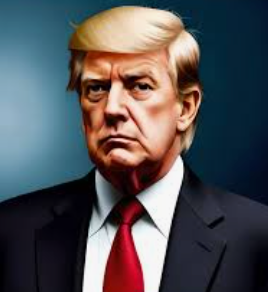$GOOGL $KCS $UPBIT
#SouthKorea #CryptoRegulation #Upbit #KuCoin #MEXC #Google #Cryptocurrency #Blockchain #InvestorProtection #FinancialMarkets #GlobalCrypto #CryptoExchange
South Korea has intensified its scrutiny over the cryptocurrency market, particularly targeting unregistered foreign exchanges operating within its jurisdiction. Among these are notable platforms like KuCoin and MEXC, both of which have been significantly impacted by the new regulatory measures. This crackdown is not isolated but part of South Korea’s broader strategy to establish a more controlled and secure crypto environment. By forcing major internet companies like Google to block access to these 17 foreign crypto exchanges, the South Korean government aims to curb the potential risks associated with unregulated trading activities and ensure a higher standard of investor protection.
This aggressive regulatory stance has inadvertently strengthened the position of local exchanges, with Upbit emerging as the most significant beneficiary. Upbit, being fully compliant with the South Korean financial regulatory framework, now enjoys a more dominant market presence, its legitimacy and security underscored by government actions against its unregistered competitors. This shift not only influences the dynamics of cryptocurrency trading within the country but also highlights the government’s commitment to supporting platforms that adhere to its stringent regulatory standards.
The decision to involve tech giant Google in the enforcement of these regulations signifies a novel approach to governance in the digital age. By leveraging the reach and technological capabilities of Google, South Korea is effectively setting a precedent for how nations can control the digital economy, especially in areas as volatile and emerging as cryptocurrency. This move has sparked a global discourse on the balance between innovation and regulation, with South Korea positioning itself as a leader in the establishment of rigorous, yet potentially innovation-stifling, regulatory frameworks for cryptocurrency trading.
On the international stage, South Korea’s actions may prompt other governments to reassess their regulatory measures on cryptocurrency exchanges. The focus on investor protection, coupled with the endorsement of platforms that comply with national regulations, suggests a shift towards more mature, regulated crypto markets globally. While this may restrict the operational freedom of some exchanges, it could lead to a more stable and secure cryptocurrency ecosystem, benefiting both individual investors and the broader financial market. As countries around the world watch South Korea’s regulatory experiment unfold, the outcome of this move could very well define the future interactions between traditional regulatory structures and the decentralized nature of cryptocurrency.





